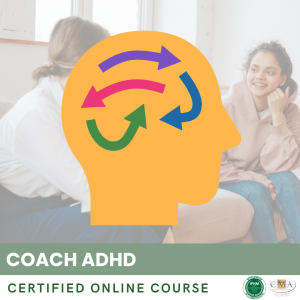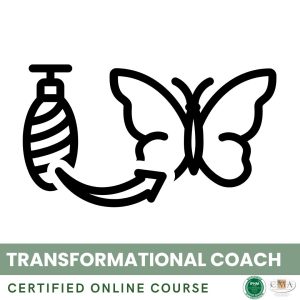Submodule 7.3 – Developing Intuition and Internal Guidance
In Submodule 7.3, we delve into the critical process of Developing Intuition and Internal Guidance, an evolution every spiritual coach must embrace to truly harness the depths of their practice. Intuition is the unseen force that guides a coach’s hand – it’s the inner whisper that offers insights beyond the reach of logic and reason.
This process begins with self-awareness, as understanding oneself is the foundation upon which intuition is built. Coaches must become acutely aware of their inner landscape, tuning into the subtle signs and sensations that often foretell deeper truths. The story of a coach who sensed dissonance in a client’s words, leading to a breakthrough in therapy, is a testament to the power of such internal cues.
For a coach, developing intuition can involve meditative and contemplative practices that quiet the mind and heighten sensitivity to the subconscious. Such practices allow for a more refined perception of the energies and undercurrents within a coaching session. Consider the quiet moment of reflection before a session when a sudden insight about a client’s issue arises from deep within, offering a fresh angle to explore in the forthcoming session.
Developing intuition is also about trusting oneself. Coaches must have the confidence to heed their inner voice, even when it goes against conventional wisdom. Like the time a coach followed a hunch to ask an offbeat question resulting in the client revealing a significant, previously unspoken part of their history.
Training oneself to recognize and interpret intuitive signals is another layer of this development. This could mean discerning what a gut feeling, a flash of an image, or a spontaneous emotional response might indicate in the context of a client’s progress. Sharing moments when such intuition led to profound moments of connection and insight can serve as pivotal learning experiences for developing coaches.
Integrating intuition into coaching also requires boundaries and ethics. It is vital for coaches to avoid projecting their intuitive hits onto clients without their consent or verification. Establishing a respectful approach to sharing intuitive insights involves framing them as hypotheses rather than assertions, inviting the client to explore these inklings further.
The ongoing development of intuition and internal guidance is a journey that enhances a coach’s effectiveness and truly distinguishes their practice as one that is deeply connected to the fabric of the soul.
Key Takeaways:
– Intuition in spiritual coaching is a non-logical, deeply insightful guide for navigating client sessions.
– Cultivating self-awareness is essential for recognizing and honing one’s intuitive abilities.
– Meditative practices can quiet the mind and increase sensitivity to intuitive information.
– Trusting and acting on one’s intuitive insights can lead to profound breakthroughs in coaching.
– Coaches must learn to interpret intuitive signals sensitively and ethically, ensuring respect for the client’s autonomy and experience.
👉 To download docx (Editable) file click here : Click here
👉 To download PDF file click here : Click here
👉 To download MP3 file click here : Click here







